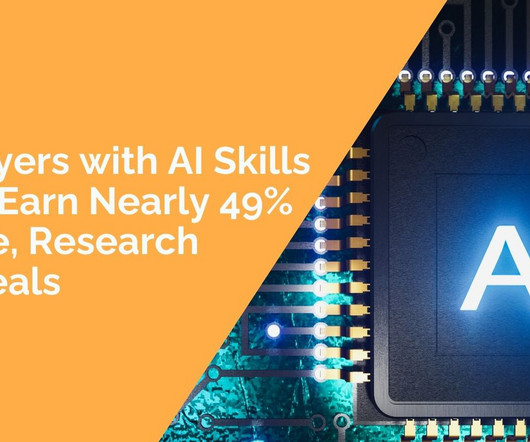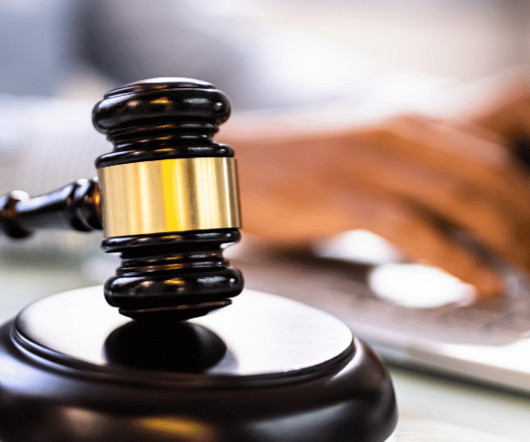ChatGPT and the legal industry… according to ChatGPT
CEE Legal Tech
JANUARY 20, 2023
ChatGPT: ChatGPT can help with legal innovation in a few ways. One is by providing automated legal research and document generation, which can save time and improve accuracy. Additionally, ChatGPT can be used to generate legal summaries, which can make it easier for non-experts to understand complex legal documents.















Let's personalize your content